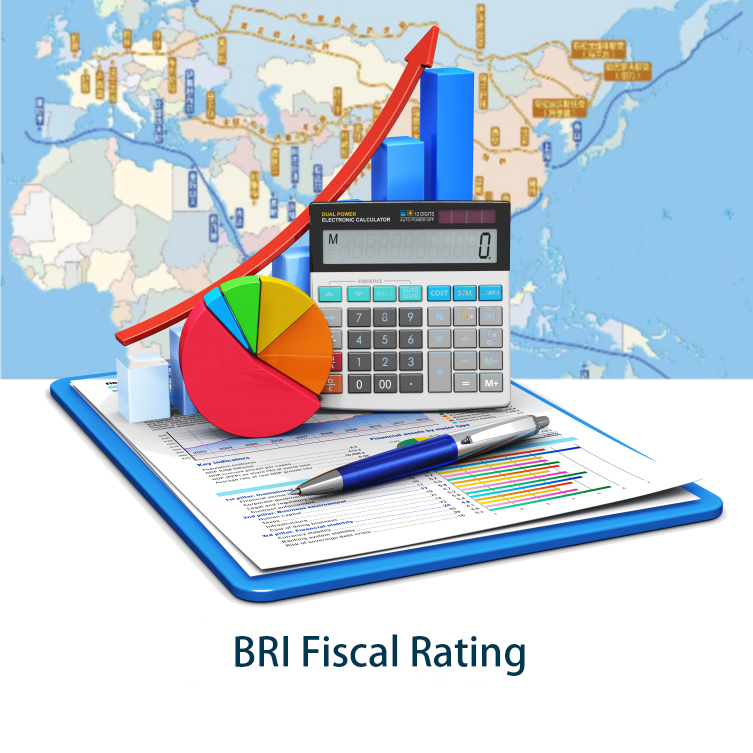Bulgaria’s Tax Guide for Businesses
Bulgaria, a member of the European Union, offers a strategic location and a growing market for businesses. Understanding the local tax system is crucial for companies looking to establish a presence in the country. Here’s a comprehensive guide to Bulgaria’s tax regulations:
1. Corporate Tax
Tax Rate: Bulgaria has a flat corporate tax rate of 10%, one of the lowest in the EU. This rate applies to the global income of resident taxpayers and to income sourced in Bulgaria for non-resident taxpayers.
Taxable Income: The taxable income is derived from the accounting profit in the profit and loss statement after necessary tax adjustments. Capital gains are taxed at the same rate, while gains from the sale of shares listed on official stock exchanges in Bulgaria and the EU are exempt.
Dividends: Dividends received by a Bulgarian company from another Bulgarian company are not subject to corporate tax. Similarly, dividends received from EU/EEA resident taxpayers are exempt.
Losses: Tax losses can be carried forward for up to five years to offset future taxable income but cannot be carried back.
2. Main Business Entities
Joint-Stock Companies: These are commonly used for larger businesses and public offerings.
Limited Liability Companies: Suitable for small and medium-sized enterprises, offering flexibility and limited liability protection.
Branches of Foreign Companies: Non-resident companies can operate through branches, which are subject to corporate tax on income sourced in Bulgaria.
3. VAT Registration
Standard Rate: The standard VAT rate in Bulgaria is 20%, with a reduced rate of 9% for specific goods and services such as tourism and healthcare.
Registration Requirements: Foreign companies must register for VAT in Bulgaria from the moment they make their first taxable supply, regardless of the transaction value. This contrasts with many EU countries that have a minimum sales threshold for VAT registration.
Documentation: Companies need to provide proof of business registration, articles of association, evidence of economic activity in Bulgaria, identification documents of company directors, and a power of attorney if applicable .
4. Local Professional Accountants
Importance: Engaging local professional accountants is highly recommended for navigating Bulgaria’s tax system. They can provide expert guidance on compliance, tax optimization, and financial reporting.
Services: Local accountants can assist with VAT registration, tax filings, and ensuring adherence to International Financial Reporting Standards (IFRS), which are mandated for financial reporting in Bulgaria.






















































First, please LoginComment After ~